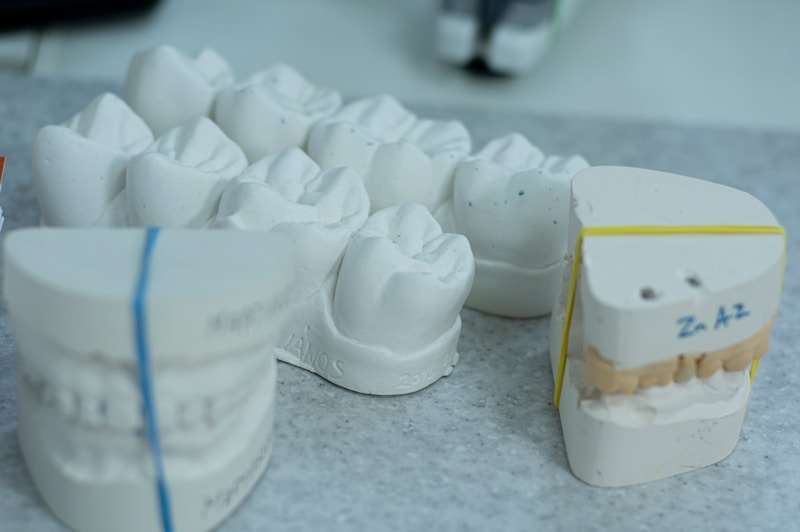Podcast
Questions and Answers
What is a common risk factor for developing pyelonephritis?
What is a common risk factor for developing pyelonephritis?
Which symptom is NOT commonly associated with pyelonephritis?
Which symptom is NOT commonly associated with pyelonephritis?
What is a key component of medical management for pyelonephritis?
What is a key component of medical management for pyelonephritis?
Which potential complication of pyelonephritis can lead to a risk of urosepsis?
Which potential complication of pyelonephritis can lead to a risk of urosepsis?
Signup and view all the answers
Which nursing intervention is crucial for managing a patient with pyelonephritis?
Which nursing intervention is crucial for managing a patient with pyelonephritis?
Signup and view all the answers
What is the typical annual incidence of pyelonephritis cases in females per 10,000?
What is the typical annual incidence of pyelonephritis cases in females per 10,000?
Signup and view all the answers
Which of the following is a common clinical manifestation of pyelonephritis?
Which of the following is a common clinical manifestation of pyelonephritis?
Signup and view all the answers
Which diagnostic method is commonly used for diagnosing pyelonephritis?
Which diagnostic method is commonly used for diagnosing pyelonephritis?
Signup and view all the answers
What is a significant risk factor for developing pyelonephritis?
What is a significant risk factor for developing pyelonephritis?
Signup and view all the answers
Which of the following actions is essential in the nursing management of pyelonephritis?
Which of the following actions is essential in the nursing management of pyelonephritis?
Signup and view all the answers
Study Notes
Pyelonephritis
- An infection of the kidneys that affects the renal parenchyma and urinary collection system.
- Occurs in females 12 to 13 cases annually per 10,000
- Occurs in males 2 to 3 cases annually per 10,000
- Risk factors include multiple pre-existing UTIs and pregnancy.
- Clinical manifestations include fever, chills, nausea, vomiting, back or flank pain, costovertebral tenderness, and enlarged kidneys.
- Diagnosis through laboratory testing, CT scan, and ultrasound.
- Treatment includes hospitalization, hydration, and antibiotics.
- Emergency surgery required if fever/pain persists for over 48 hours.
- Potential complications: scarring, chronic kidney disease, permanent damage, and urosepsis (infection of the bloodstream).
- Nursing assessment focuses on clinical manifestations related to the inflammatory process.
- Nursing diagnoses include infection and ineffective therapeutic regimen.
- Nursing interventions consist of:
- Assessing vital signs, pain level, and laboratory analysis.
- Administering antibiotics as ordered.
- Managing pain.
- Providing adequate hydration.
- Patient education includes:
- Explaining the disease condition to the patient and family.
- Instructing the patient and family on how to avoid UTIs.
- Ensuring adequate hydration.
- Completing all antibiotics.
- Calling the provider if new fever or chills develop.
- Emptying the bladder completely when urinating.
- Evaluation of care outcomes includes avoiding complications and achieving symptom resolution.
Epidemiology
- Pyelonephritis affects 12 to 13 females per 10,000 annually.
- Pyelonephritis affects 2 to 3 males per 10,000 annually.
Risk Factors
- Recurring UTIs increase the risk of pyelonephritis.
- Pregnancy increases the risk of pyelonephritis.
Pathophysiology
- Pyelonephritis involves inflammation of the kidney's internal tissue and the urine collection system.
Clinical Manifestations
- Fever, chills, nausea, and vomiting.
- Back or flank pain.
- Tenderness over the costovertebral angle.
- Enlarged kidneys.
Medical Management: Diagnosis
- Laboratory testing for pyelonephritis.
- CT scans aid in diagnosing pyelonephritis.
- Ultrasound is used to diagnose pyelonephritis.
Medical Management: Treatment
- Hospitalization for treatment of pyelonephritis.
- Adequate hydration is essential for treatment.
- Antibiotics are administered to treat pyelonephritis.
Surgical Management
- Emergency surgery may be necessary if fever and pain persist for over 48 hours.
Complications
- Scarring within the kidneys.
- Chronic kidney disease.
- Permanent kidney damage.
- Urosepsis, which is a bloodstream infection.
Nursing Management: Assessment and Analysis
- Nurses assess and analyze the patient's clinical manifestations related to the inflammatory process.
Nursing Management: Nursing Diagnoses
- Nurses diagnose patients with infection.
- Nurses diagnose patients with ineffective therapeutic regimens.
Nursing Interventions: Assessments
- Nurses monitor vital signs.
- Nurses assess the patient's pain level.
- Nurses examine laboratory results for monitoring.
Nursing Interventions: Actions
- Administer antibiotics as ordered.
- Provide pain management interventions.
- Ensure adequate hydration.
Nursing Interventions: Teaching
- Explain the condition to the patient and their family.
- Instruct the patient and their family on how to prevent future UTIs.
- Encourage adequate hydration.
- Advise patients to complete the entire course of antibiotics.
- Recommend contacting the provider if a new fever or chills develop.
- Instruct patients to completely empty their bladder when urinating.
Nursing Management: Evaluating Care Outcomes
- Nurses assess the patient for complications.
- Nurses ensure the patient is free from symptoms.
Studying That Suits You
Use AI to generate personalized quizzes and flashcards to suit your learning preferences.
Description
Explore the essential aspects of pyelonephritis, an infection that impacts the kidneys and urinary tract. This quiz covers risk factors, clinical manifestations, diagnostic methods, and treatment options. Gain insights into nursing roles in assessing and managing this condition effectively.




